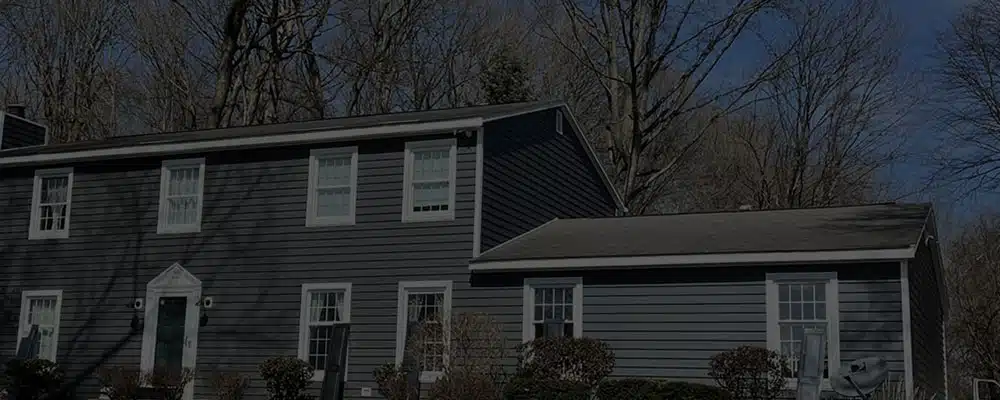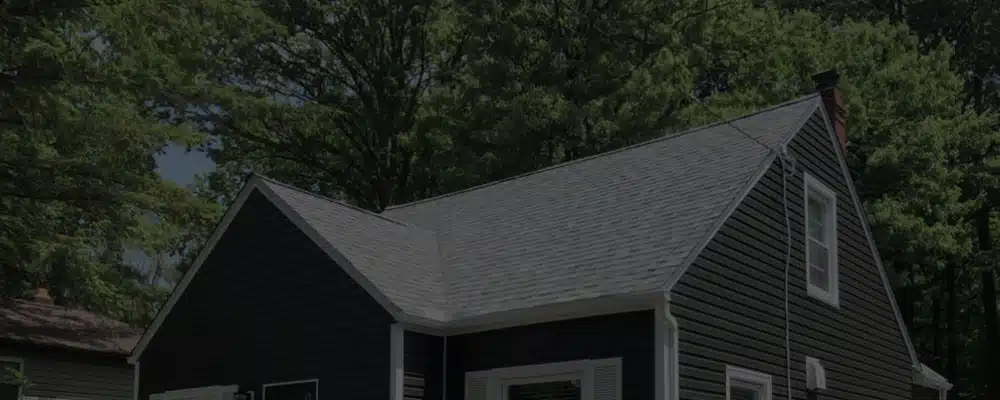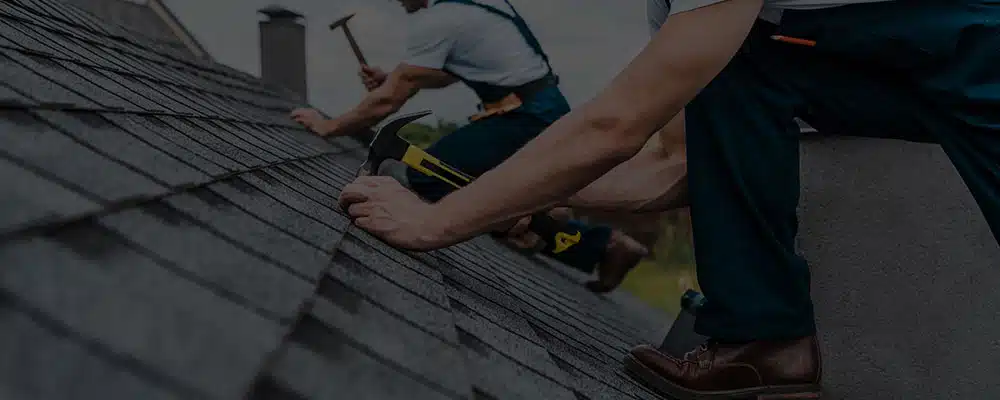If you’re considering slate roofing for your house, you should first learn more about what you’re getting into because it has some good and bad qualities that can affect your decision. Moreover, get an opinion from a roofing contractor as well. Let’s begin!
What Is Slate Roofing
Slate is a natural material that is mined and transported in big blocks to facilities for cutting them into slate roof shingles. However, you can also find other types of slate roofing in the market as well that also have fiber cement, concrete, metal, or any other material.
Pros Of Slate Roofing
Long-Lasting
One of the major benefits of slate roofing is its longevity. You can expect slate roofing to last from 50-100 years. However, some homeowners may find that it can last for more than 100 years as well.
For comparison, the lifespan of asphalt roofs is 15-30 years whereas wood roofs last for 20-30 years. The materials that come close to slate roofing are clay tiles and concrete tiles as both can last for 50-75 years. There is probably no other roofing material with a higher lifespan than slate roofing.
That being said, to reach the lifespan of a roofing material, it must be installed correctly and maintained well.
Aesthetics And Beauty
Slate roofing appears beautiful, eye-catching, and timeless. So, if you install slate roofing, you can rest assured the roofing style you chose won’t go out of style. There are limited colors and textures of slate but it only adds to the evergreen characteristic of the material.
To understand the unmatched aesthetics of slate roofing, we’ll give you this fact. Many homeowners in the US find slate roofing appealing. As slate roofing costs a lot, and asphalt roofs are cost-effective, they prefer asphalt shingles that appear like slate.
Low Maintenance
Slate roofing can last for a century so it’s durable. This means it’s low-maintenance as well. Once slate roofing is installed properly, you don’t need any maintenance except for yearly inspections. An inspection of slate roofing usually includes checks for leakages, ice formation, cracks, and broken or loose tiles.
Keep in mind that slate shingles don’t warp, bend, or corrode. They are also mold resistant and withstand elements better than most roofing materials. So, this makes for an excellent choice for people who live in humid areas, and mold growth on shingles is a problem for them.
Fire-Resistant
Not only is slate roofing resistant to mold and fungus growth, but it’s also fire-proof. If you live in a wildfire-prone area, slate roofing is perfect for you because it has a Class A fire rating which is the highest rating for fire-resistant materials.
Eco-Friendly
Slate is a naturally occurring material so its production requires less processing than other materials like metal and asphalt shingles. For homeowners who want to stay environmentally friendly, slate is the material to choose.
Even when slate roofing is removed or replaced, it can be reused for other purposes like garden pathways, driveways, and flooring.
Energy-Efficient
Slate shingles are dense. This allows slate roofing to restrict heat from getting into your attic in the summer and restrict the heat from the inside to escape in winter. It ensures your HVAC system doesn’t overwork and helps you save money on utility bills.
Cons Of Slate Roofing
Expensive
It was mentioned earlier that slate is one of the longest-lasting roofing materials. However, this benefit comes with the high cost of the material. Slate roofing is also one of the costliest roofing materials.
So, anyone who wants to install roofing cost-effectively should never consider slate roofing. However, if you want another material that has some benefits which overlap with slate roofing, consider concrete or clay tile roofing. They are expensive as well but cost a bit lower than slate.
On the other hand, for homeowners who need a material that is cheap and effective, asphalt roofing would be the correct choice as it costs one-fourth of the price of slate roofing.
The House Should Be Structurally Strong Enough For Slate Roofing
Slate is dense and extremely heavy. It’s 5 times heavier than asphalt roofing. If five layers of asphalt roofing are installed on top of each other, the total weight will be equal to the installation of one layer of slate roofing. The layers example was for explaining the weight difference between slate and asphalt shingles. In actual, only two layers of roofing material can be installed and it has some drawbacks as well. One is the increased weight of the roof.
So, due to the heavy weight, slate roofing can’t be installed on every home without inspecting the structure of the house and ensuring that it is capable of holding the weight of slate roofing.
In case your house structure doesn’t meet the criterion for the installation of slate roofing, you can consider another option. However, if you only want to install slate roofing, you can go the route of reinforcement. You will need to hire a structural engineer for retrofitting so the house can hold the weight of the slate roofing.
It should be noted that retrofitting is costly as well and it adds up to the already-high cost of slate roofing.
Proper Installation Is Required
The installation of slate roofing requires a contractor who has installed slate shingles before. The roofer should have the skills to handle slate shingles and perform a flawless installation to ensure the roof lasts for 50-100 years.
Someone who doesn’t know their way around slate roofing would improperly install the roof. In this case, the shingles will become damaged, go missing, or lead to roof leaks. With poor installation, your slate roofing won’t even last half the expected lifespan. So, choose roofers who are experienced in slate roof installation even if you have to pay a bit higher to them than other roofers.
Slate Doesn’t Have A Material Warranty
Mostly, when you install a roof, it has two types of warranties. Material warranty from the manufacturer and workmanship warranty from the installer. However, slate roofing doesn’t come with a manufacturer warranty even though it’s considered one of the most durable roofing materials. The reason is the slate roofing is naturally made so the manufacturer doesn’t provide a warranty.
Due to this fact, the choice of the right roofing contractor becomes even more critical. Not all contractors provide workmanship warranty and those who do may provide a warranty for 2, 5, or 10 years. However, you should look for a contractor who provides a lifetime warranty. But if you can’t find any, go with the roofer who can provide a 10-year or higher warranty.
Slate Shingles Are Fragile
Slate is a durable roofing material, but the individual shingles are fragile and brittle. They must be handled carefully during transport and installation to avoid cracks. Even after the installation, no one should walk on the slate tiles because they will be cracked or damaged. This does make any repair work on the roof difficult like slate repair, flashing repair, chimney repair, and others.
Conclusion
Slate roofing is durable, low-maintenance, and fire-resistant. It can last for 50-100 years. However, it must be installed by skilled experts from roofing companies Akron to avoid damage to the material and ensure the roof lasts its lifespan.




